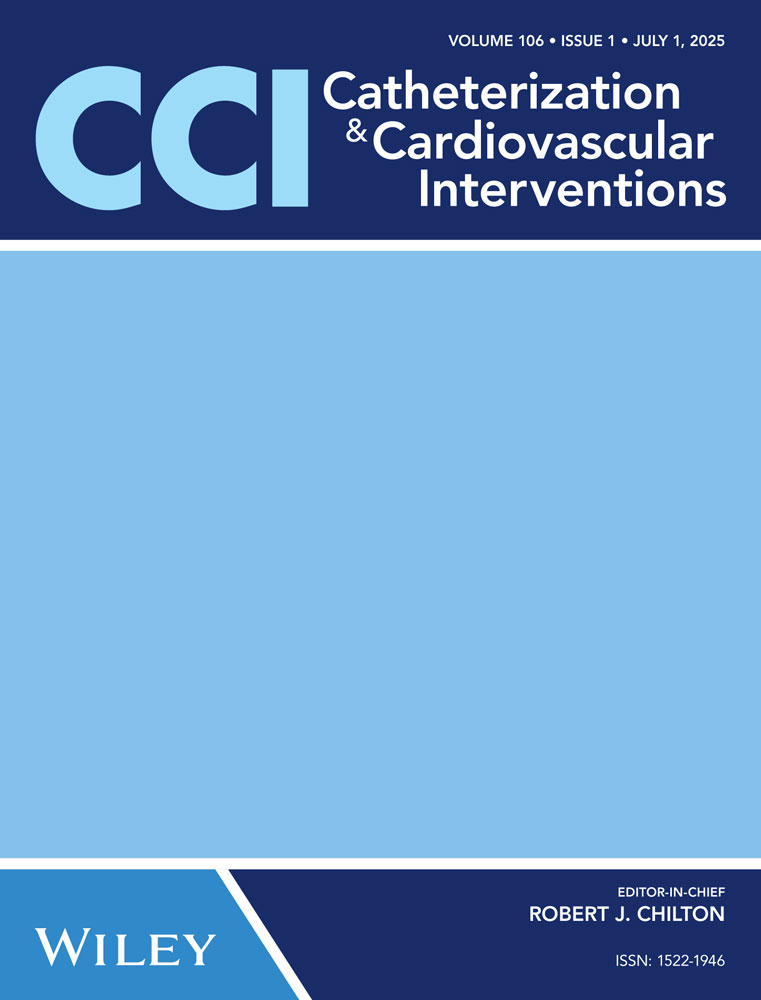A comparative study of light transmission aggregometry and automated bedside platelet function assays in patients undergoing percutaneous coronary intervention and receiving abciximab, eptifibatide, or tirofiban†
In accordance with the policy of the Journal, the designated authors disclose a financial or other interest in the subject discussed in this article.
Abstract
Platelet inhibition is central to the efficacy of glycoprotein (GP) IIb-IIIa antagonist therapy, but is not routinely measured during percutaneous coronary intervention (PCI). Data directly comparing the antiplatelet effects of these agents are also limited. Therefore, we compared ex vivo platelet function by standard light transmission aggregometry (LTA) and two automated bedside platelet function assays in 36 patients undergoing PCI with GP IIb-IIIa inhibitors. At baseline and 10 min following clinically recommended bolus and infusion of abciximab (0.25 mg/kg, 0.125 μg/kg/min), eptifibatide (180 μg/kg, 2 μg/kg/min), or tirofiban (10 μg/kg, 0.1 μg/kg/min), we measured 20 μM ADP- and 1.9 mg/mL collagen-induced platelet aggregation using LTA. Platelet function was also assessed using the bedside Accumetrics Ultegra-Rapid Platelet Function Assay (RPFA) and the Xylum Clot Signature Analyzer (CSA). The degree of platelet inhibition, as assessed by LTA, varied significantly between the clinically recommended doses of these GP IIb-IIIa antagonists. RPFA measurements agreed closely with LTA for abciximab, but tended to overestimate the degree of platelet inhibition for small molecules. CSA demonstrated profoundly inhibited shear-induced platelet function, but lacked sensitivity to discriminate between agents. These findings may have implications for the results of trials comparing the efficacy of these agents in patients undergoing PCI. Cathet Cardiovasc Intervent 2001;52:425–432. © 2001 Wiley-Liss, Inc.




